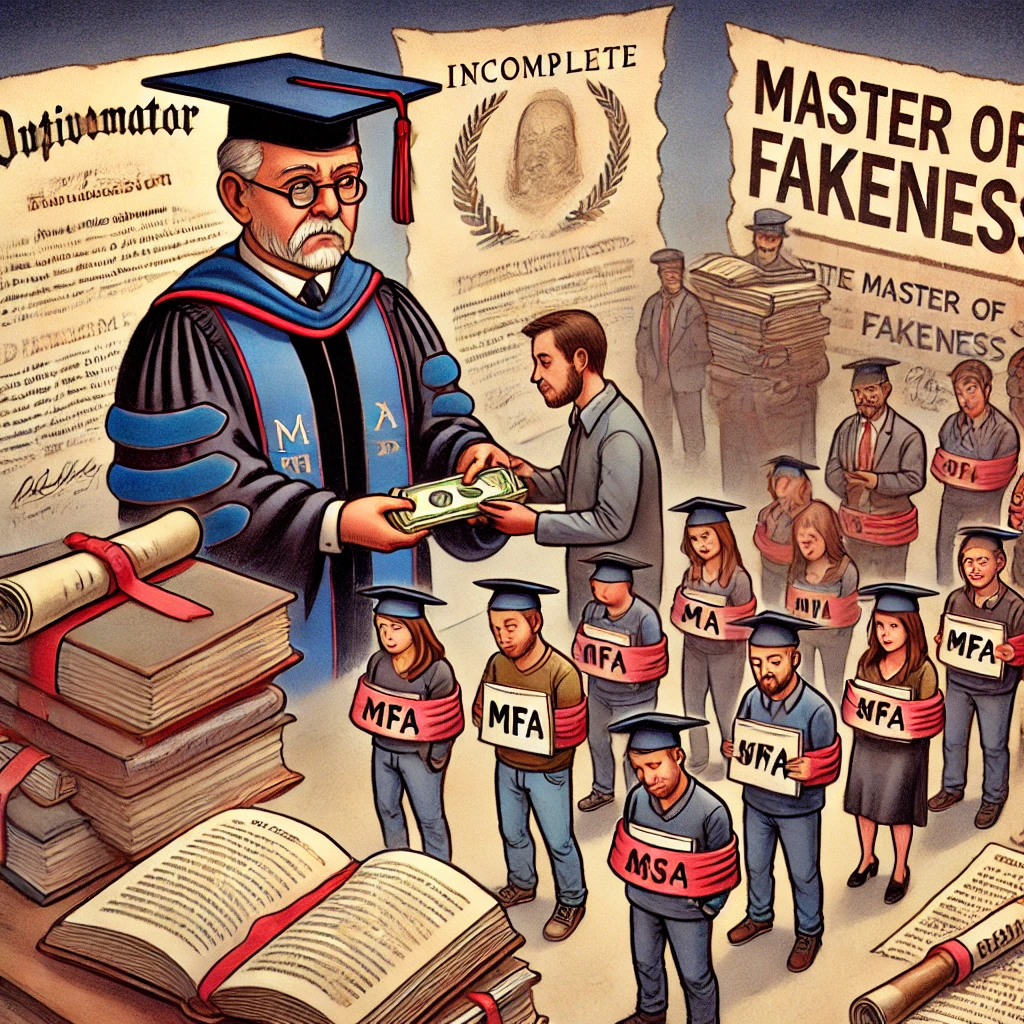Creative Writing: Unlocking the Power
Creative Writing is a powerful tool that enables individuals to express their thoughts, emotions, and ideas in unique and imaginative ways. Whether you are a beginner or an experienced writer, exploring the art of Creative Writing can significantly enhance your storytelling skills, boost your creativity, and provide a fulfilling outlet for self-expression. In this article, we will delve into the various aspects of Creative Writing, offering tips, techniques, and resources to help you on your writing journey.
Understanding Creative Writing
What is Creative Writing?
- Definition: Creative Writing is the art of crafting narratives, poems, essays, and other written works that emphasize originality, imagination, and expression.
- Purpose: Unlike technical or academic writing, Creative Writing aims to entertain, inspire, and provoke thought in readers.
Benefits of Creative Writing
- Enhanced Imagination: Creative Writing encourages you to think outside the box and explore new ideas.
- Improved Communication Skills: Writing creatively helps you articulate your thoughts more clearly and effectively.
- Emotional Outlet: Creative Writing provides a safe space to express your emotions and experiences.
Tips for Improving Your Creative Writing Skills
Start with Freewriting
- Freewriting Exercise: Dedicate a few minutes each day to writing without any specific goal or structure. This practice helps overcome writer’s block and encourages spontaneous creativity.
- Stream of Consciousness: Write continuously without worrying about grammar, spelling, or punctuation. Focus on getting your thoughts on paper.
Read Widely and Often
- Diverse Genres: Read a variety of genres, including fiction, poetry, essays, and plays. This exposure broadens your understanding of different writing styles and techniques.
- Analyzing Texts: Pay attention to how authors develop characters, build plots, and use language. Analyze what works well and why.
Practice Regularly
- Daily Writing: Make writing a daily habit, even if it’s just for a few minutes. Consistent practice hones your skills and enhances your creativity.
- Writing Prompts: Use writing prompts to inspire new ideas and challenge yourself to write about unfamiliar topics.
Develop Your Unique Voice
- Authenticity: Embrace your unique perspective and experiences. Your voice is what sets your writing apart from others.
- Experimentation: Experiment with different styles and genres to discover what resonates with you.
Techniques for Effective Creative Writing
Show, Don’t Tell
- Descriptive Writing: Use vivid descriptions and sensory details to create a picture in the reader’s mind. Instead of telling the reader how a character feels, show it through their actions and dialogue.
- Example: Instead of writing “She was angry,” show her anger through clenched fists, a reddened face, and harsh words.
Create Compelling Characters
- Character Development: Give your characters depth by exploring their backgrounds, motivations, and conflicts. Well-developed characters drive the story and engage readers.
- Dialogue: Use dialogue to reveal character traits and advance the plot. Ensure that each character has a distinct voice.
Build Engaging Plots
- Plot Structure: Outline your story’s structure, including the introduction, rising action, climax, falling action, and resolution. A well-structured plot keeps readers engaged.
- Conflict and Tension: Introduce conflicts and obstacles that challenge your characters. Tension keeps the story dynamic and interesting.
Use Strong Imagery and Metaphors
- Imagery: Use descriptive language to create vivid images in the reader’s mind. Strong imagery makes your writing more engaging and memorable.
- Metaphors and Similes: Use metaphors and similes to draw comparisons and add depth to your writing.
Overcoming Common Creative Writing Challenges
Writer’s Block
- Freewriting: As mentioned earlier, freewriting can help break through writer’s block by encouraging a flow of ideas.
- Change of Scenery: Sometimes, a change of environment can spark creativity. Try writing in a different location or setting.
Fear of Criticism
- Write for Yourself: Focus on writing for your own enjoyment and fulfillment. Remember that not all writing needs to be shared.
- Seek Constructive Feedback: Share your work with trusted friends or writing groups who can provide constructive feedback and support.
Lack of Inspiration
- Reading and Research: Reading widely and researching new topics can inspire new ideas. Keep a notebook to jot down ideas as they come to you.
- Writing Prompts: Use writing prompts to jumpstart your creativity and explore new themes.
Resources for Creative Writing
Online Courses and Workshops
- Coursera: Offers a variety of Creative Writing courses from top universities. Coursera Creative Writing
- MasterClass: Features classes from renowned authors such as Margaret Atwood and Neil Gaiman.
Writing Communities
- Writers’ Groups: Join local or online writing groups to connect with other writers, share your work, and receive feedback.
- Writing Forums: Participate in forums like Reddit’s r/writing or Scribophile to engage with a broader writing community.
Writing Tools and Apps
- Scrivener: A powerful writing software that helps you organize your writing projects.
- Grammarly: An online grammar checker that can help you polish your writing.
Conclusion: The Journey of Creative Writing
The journey of Creative Writing is filled with exploration, discovery, and self-expression. By incorporating these tips and techniques, you can enhance your writing skills and unlock your creative potential. Whether you’re writing for personal fulfillment or aspiring to become a published author, embracing Creative Writing can lead to a rewarding and enriching experience.
For additional resources and tips on Creative Writing, visit Writers’ Digest.
Start your Creative Writing journey today, and let your imagination take flight. Embrace the power of words and explore the endless possibilities that Creative Writing offers.
To read more articles like this, visit: Regent Studies




